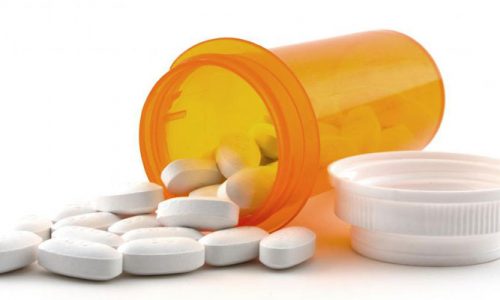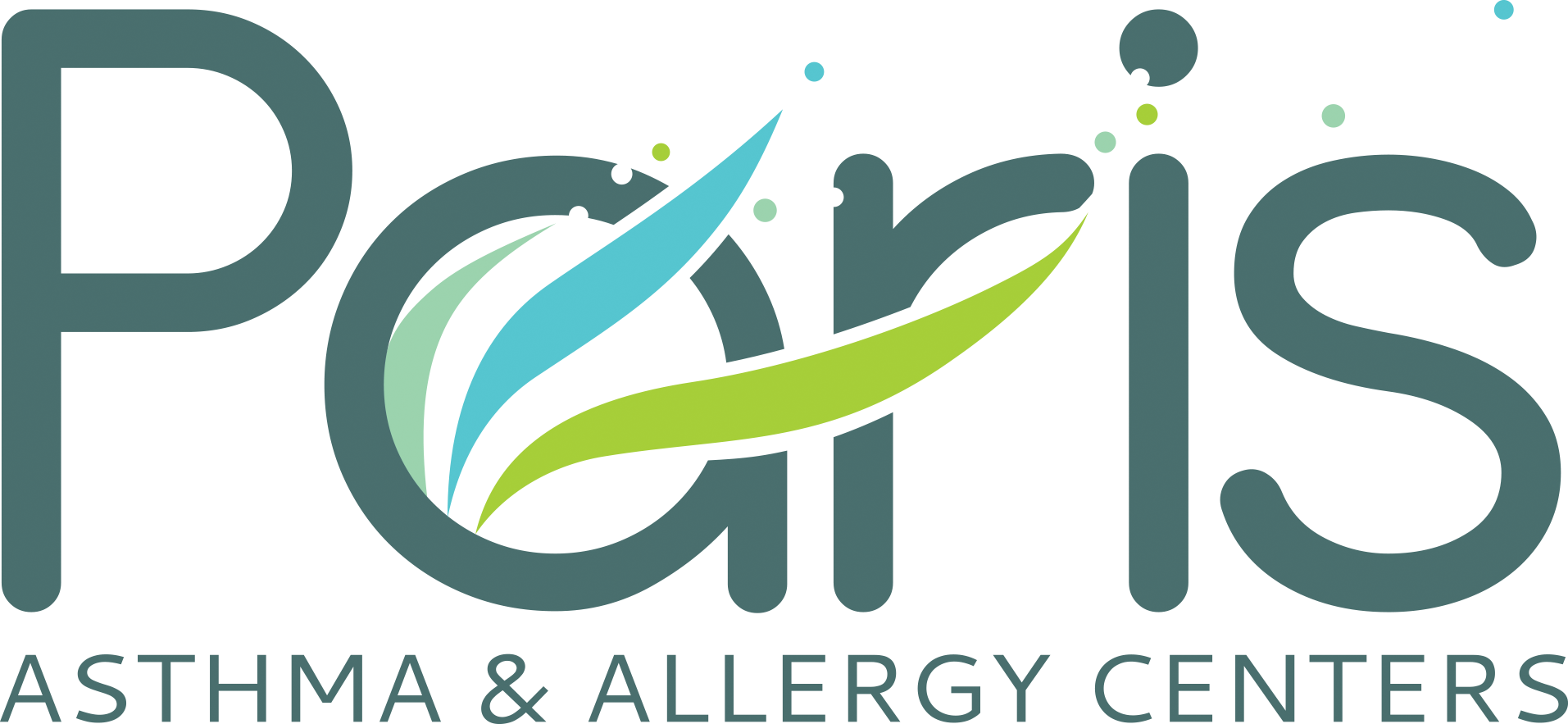
DRUG ALLERGY
Most of us have had trouble with one drug or another. Some drugs can cause an upset stomach or drowsiness. Some drugs can threaten our lives. Drugs put more than 2 million people into the hospital every year. Drugs cause more than 100,000 deaths every year. The number of serious drug reactions goes up every year.
- Find an allergist to help manage your drug allergy
- Learn more about the different types of allergies
A drug reaction is a problem caused by a drug that you or your doctor did not expect. Any prescription or non-prescription drug can cause a problem. Reactions can occur between medications. Most drugs cause trouble by working on your body chemistry.
Rarely, your immune system may react to a drug or to a chemical that your body created from that drug. This type of reaction is called a hypersensitivity reaction. Allergic drug reactions are one type of hypersensitivity reaction.
Drug allergy symptoms
Allergic drug reactions may cause:
- Skin rash or hives
- Itchy skin
- Wheezing or other breathing problems
- Swelling of body parts
- Anaphylaxis, a life-threatening allergic reaction
Reactions can occur in any part of your body. A “pseudoallergic” or “anaphylactoid” drug reaction looks like an allergic drug reaction, but it is not allergic. This type of reaction can happen when you take the drug for the first time. This can occur with aspirin or X-ray dye. This can also happen with other drugs.
Drug allergy treatment
For a mild reaction, you may only have to stop the drug. For a more serious allergic drug reaction that is not life-threatening, your allergist may give you:
- An antihistamine (to counteract the histamine released into your body during the reaction)
- A non-steroidal anti-inflammatory drugor a corticosteroid (to reduce inflammation)
What causes a drug allergy?
Any person can get an allergic drug reaction to any drug. Allergic drug reactions are less common than other types of drug reactions.
For a drug allergy to happen, you must have taken the drug before. You are more likely to get an allergy to a drug that gave you a drug allergy before. You can loose a drug allergy. You might have a reaction that looks like a drug allergy, but is not a true drug allergy.
If you have a family member who had a drug allergy, then you are more likely to have an allergy to any drug. You are not more likely to develop a drug reaction that that drug.
If you never had the drug before, then you cannot develop a drug allergy to that drug. You might expose yourself to that drug without knowing it. You might eat a food that contains an antibiotic. Then you could get a drug allergy to that antibiotic, if you take the antibiotic for an infection.
Penicillin causes most allergic drug reactions. If you react to penicillin, then you may not react to related drugs. This is true for drugs with a very different chemical make-up.
Sulfonamide containing antibiotics may cause allergic drug reactions. There are many non-antibiotic sulfonamide containing drugs. Most people with a sulfonamide antibiotic drug allergy do not suffer allergy to the non-antibiotic sulfonamide drugs.
You are more likely to have a medication allergy if you get the drug through your veins. When you take a drug through your veins, the drug goes immediately into your blood system. The higher the amount of the drug in your blood system, the more likely you will have an allergic drug reaction to it. Less often, you can get a drug allergy from swallowing the drug. The more often you take a drug, the more likely you will have a drug allergy to it.
Diagnosing drug allergies
Drug reactions can be hard to diagnose. They can look like other diseases. Many of the drug reactions are known. Others may not have been identified yet.
It is important to figure out if the reaction you suffered is allergic or not allergic. Your doctor may ask you to see an allergist.
When you visit an allergist, you can help if you take with you the following information:
- When did you take the drug?
- When did you stop the drug?
- When did you problem begin?
- What happened to you?
- How long did your problem last?
- What other prescription drugs did you take?
- What other non-prescription drugs?
- What health foods did you take?
- What herbs did you take?
- What minerals did you take?
- What are the exact names?
- What treatments did you get for the reaction?
You should bring with you:
- Your usual medicines
- Your other drug reactions
- Your medical and surgical problems
- Problems that run in your family
Bring the exact name for all of your drugs. If you can, bring the suspected drug with you. This will help the allergist recommend different drugs, if you need them.
The allergist will give you a physical examination. The allergist will look for problems that are part of the drug reaction. The allergist will look for non-allergic reasons for the reaction.
Skin tests are available for some drugs. Drug challenge tests can be helpful. For a drug challenge, you take the drug and you doctor observes your reaction. If you had a serious reaction, drug challenge can be too dangerous. Drug challenge may be the best type of testing if there is no other drug to save your life. Blood tests for some drugs are available, but they are less helpful.
Other medications
Sometimes you can replace the drug with other medicines. If not, then the allergist may offer you desensitization to the drug.
Desensitization means taking the drug in increasing amounts until you can tolerate the needed dose. This must be done in a doctor’s office or hospital to get the care you need if you have problems. Desensitization can help only if you will take the drug every day. Once you stop the drug, you may need another desensitization.
What is anaphylaxis?
Anaphylaxis is a severe, life-threatening allergic reaction. This serious reaction happens within seconds to minutes after you take the drug. With this type of reaction, you may experience:
- Swelling of your body parts, with or without hives.
- Light headedness or dizziness
- Sudden drop in your blood pressure, with or without loss of consciousness
- Shock, with damage to your internal organs
Anaphylaxis requires emergency treatment to prevent death and damage to your internal organs. Treatment includes: Oxygen, intravenous fluids, drugs such as epinephrine and an antihistamine.
These treatments help support your blood pressure and your internal organs. Your doctor may give you a form of steroids. If you stop breathing, the doctor may give you artificial breathing.
If you take a drug and find yourself in the middle of this type of reaction, you and those around you must act fast. Immediately call your local emergency telephone number (911 in most places in the United States and Canada). Antihistamines might help. Alone, they will not keep you out of serious trouble.
If you carry self-administered epinephrine (adrenalin), then you should take it immediately. If you do carry adrenalin, be sure you really know how and when to use it in an emergency. If you observe someone go into anaphylaxis, then be sure to put the person on their back and raise that person’s feet. Call your local emergency telephone number immediately!
If you have a drug allergy:
- Make sure all of your doctors know the drug you took and the drug reactions you suffered.
- Check with your doctor about related drugs that you must avoid.
- Check with your doctor about drugs that you can take, if needed.
- Wear an emergency medical alert bracelet or necklace, with the offending drug engraved.
